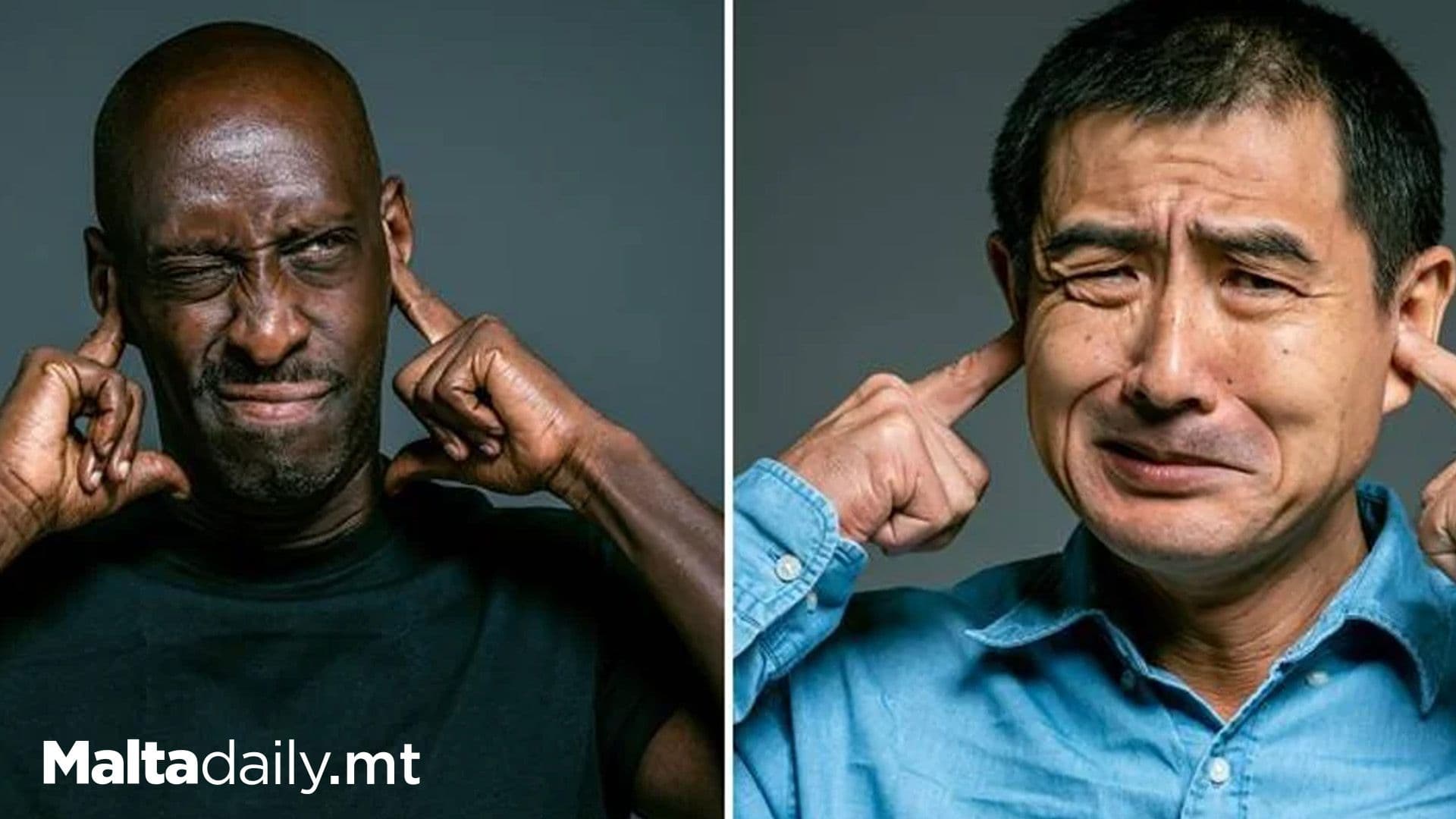Understanding Why We Dislike the Sound of Our Own Voice on Recordings

Have you ever recoiled at the sound of your own voice on a recording, wondering if that was really how you sounded? You’re not alone. Thanks to platforms like TikTok, many of us have come to realize that we share this universal experience of feeling uneasy about the sound of our own voices. But why does this happen?
According to Ashish Shah, an audiologist at The Hearing Care Partnership, there’s a scientific explanation behind it. When we speak, we hear our voices in two ways: externally through air conduction and internally through bone conduction. The latter transfers lower frequencies that air-conducted sound does not, giving our voices a deeper tone that we’re accustomed to hearing.
However, when others hear us speak, they only perceive our voices through air-conducted sound, resulting in a higher pitch. The same applies when we listen to recordings of our voices; without the bone-conducted sound, we hear ourselves differently than we’re used to.
Shah explains, “When we hear our voices through a recording, we do not have the bone-conducted sound to add the lower frequencies, so we hear ourselves in a way that we are not used to hearing. And this is why we often find people saying they dislike the sound of their voice when they hear it played back to them.”
Interestingly, research has shown that when people listen to recordings of their own voices without knowing it’s theirs, they rate it higher in attractiveness. Shah adds, “Generally, we don’t analyse the voices of others, so you can almost guarantee that people are not analysing yours.”
In essence, our discomfort with our recorded voices stems from the discrepancy between how we perceive ourselves and how we sound to others. While we may cringe upon hearing our own voice, it’s important to remember that others hear us differently, and our self-judgment is often based on unfamiliarity rather than objective sound quality.
#MaltaDaily


